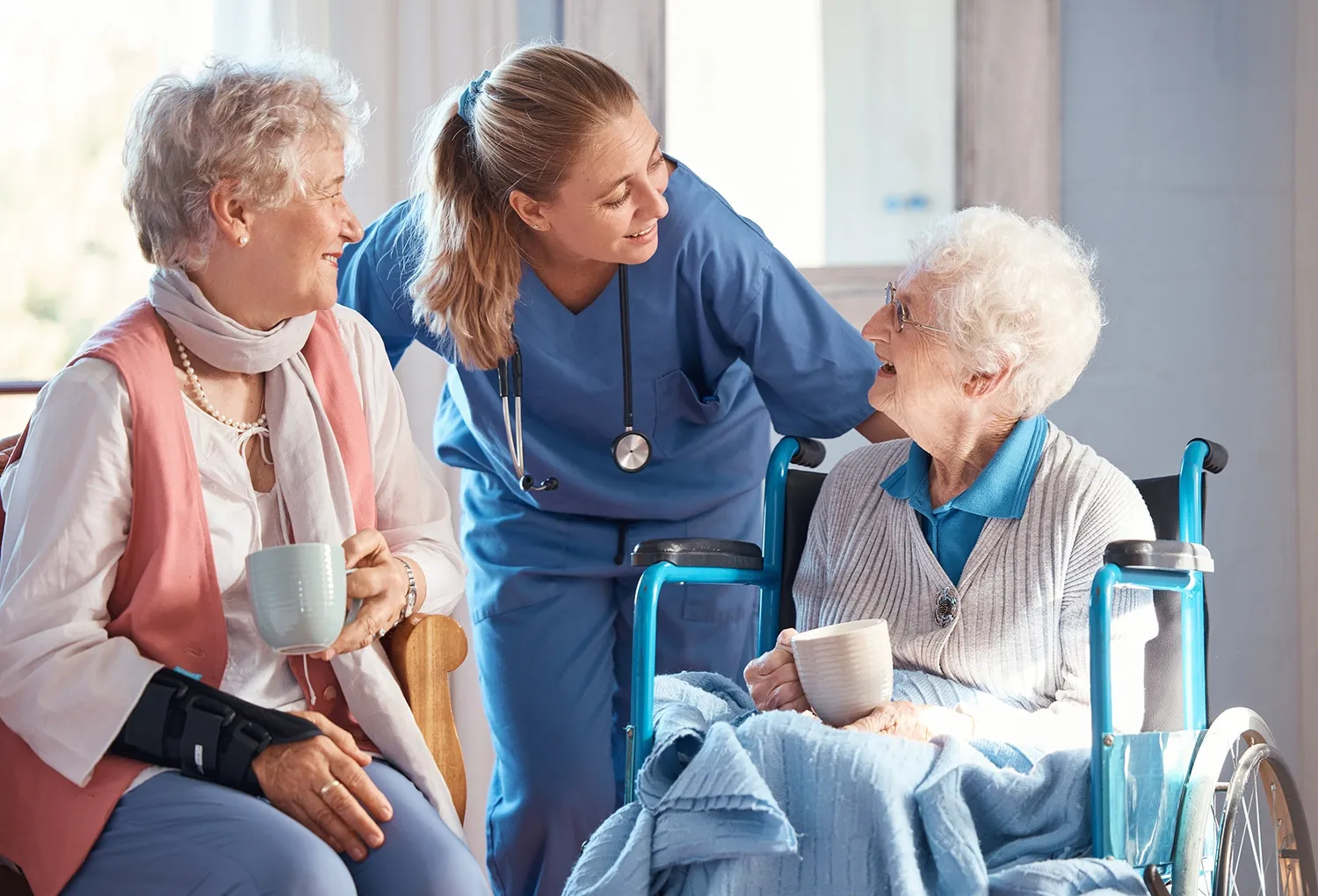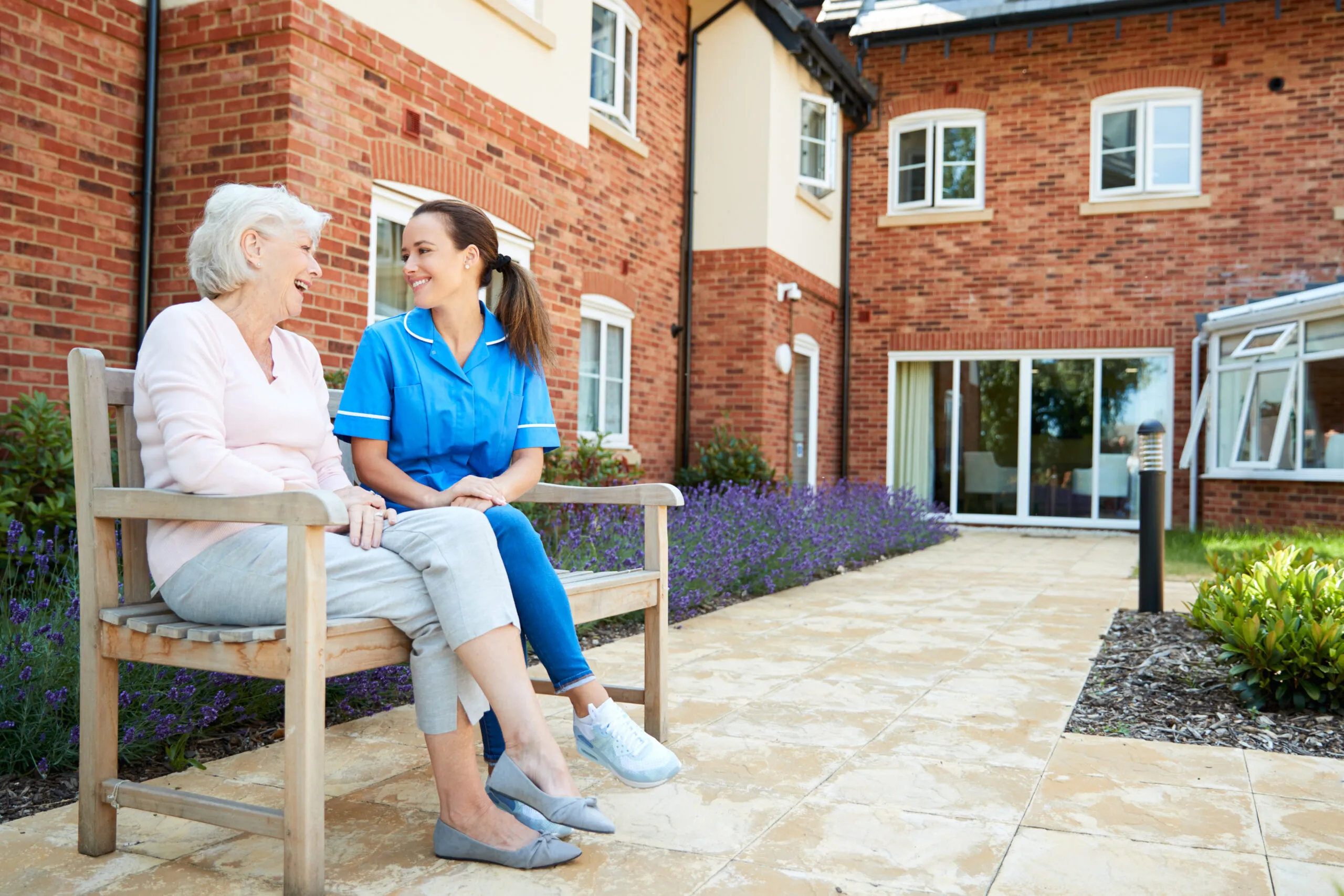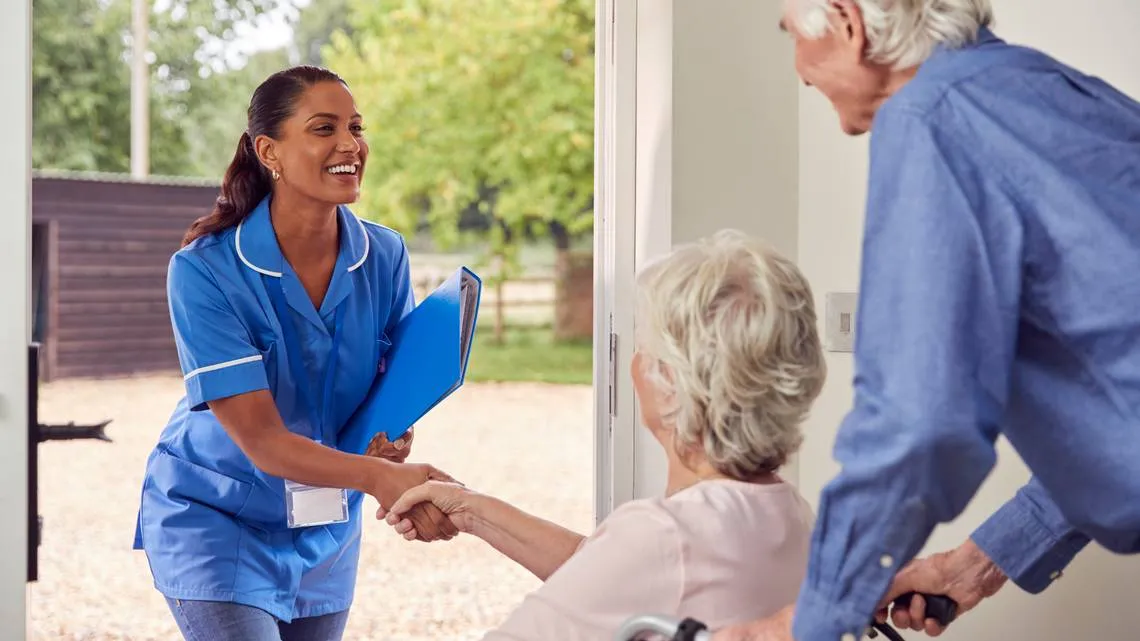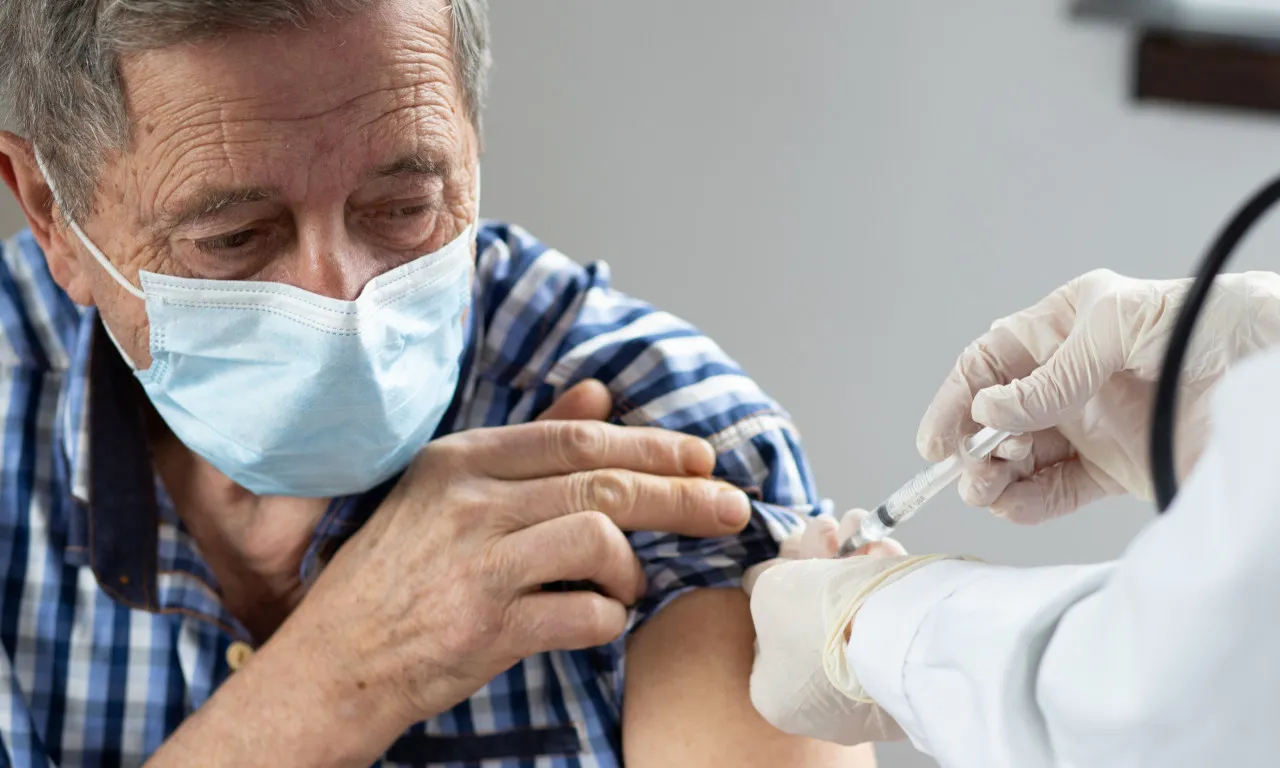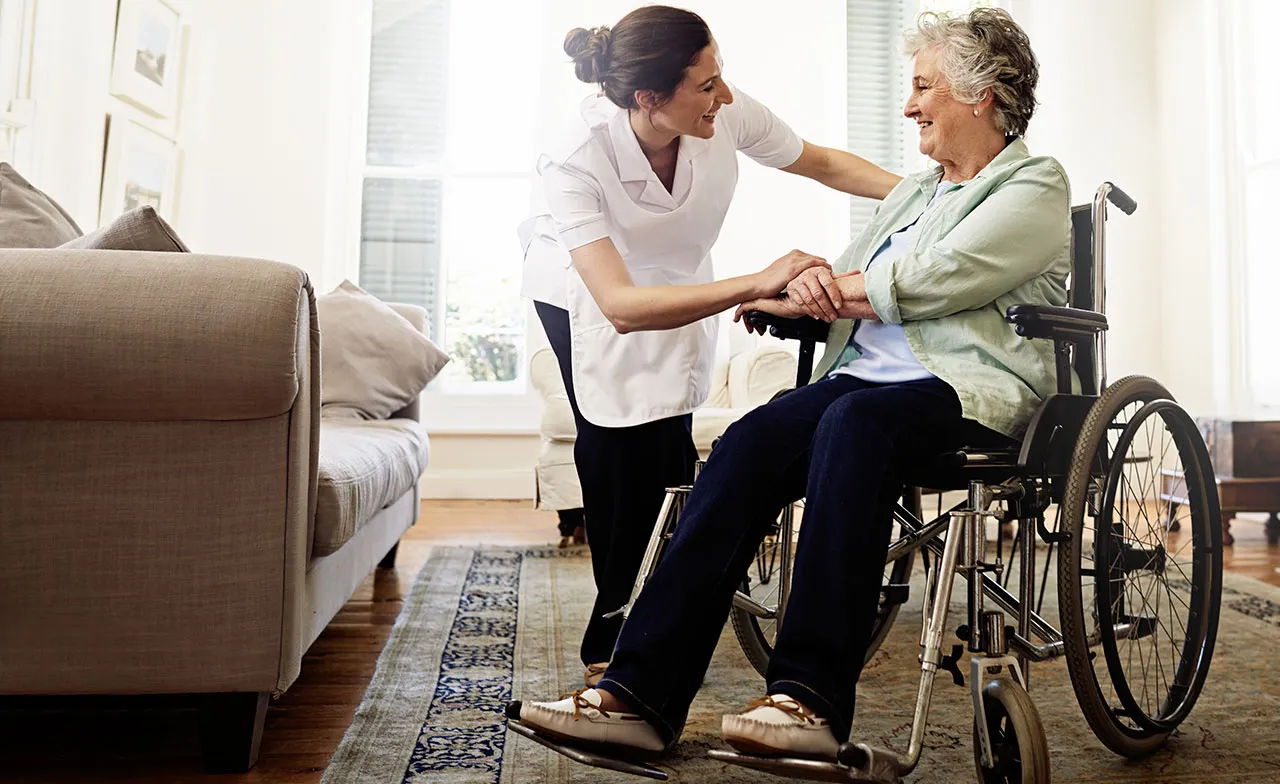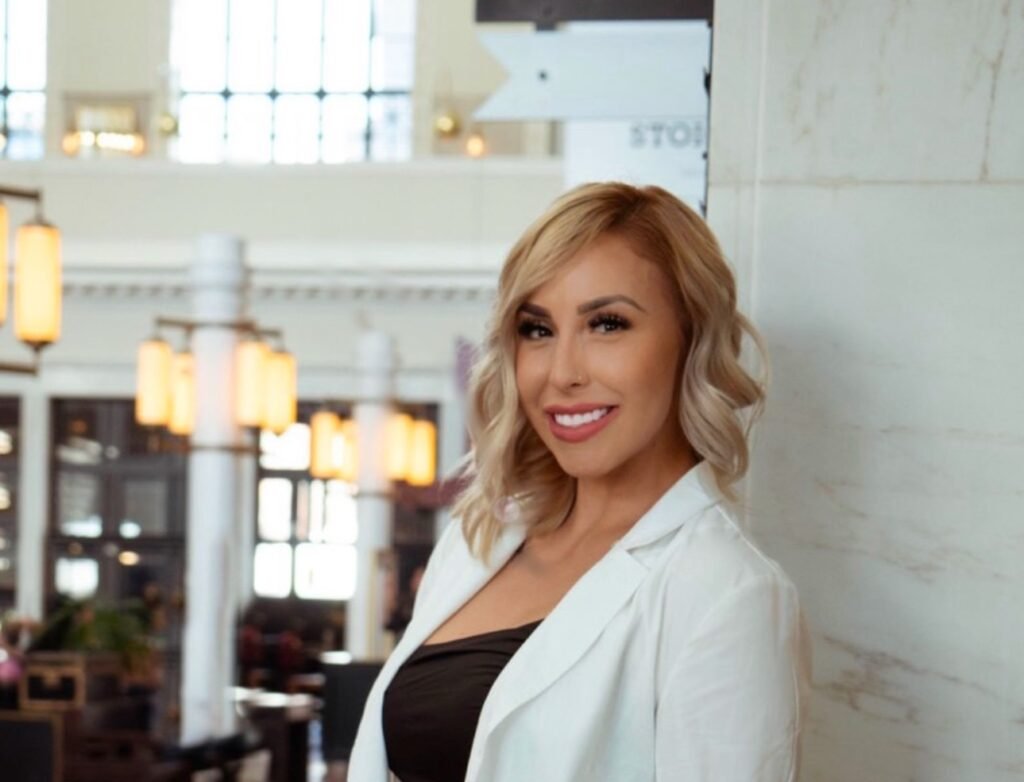As parents get older, it can be hard to tell when they need help. Even though being independent is very important, small changes in their health, mental skills, or daily routines may mean they need home care to stay safe and healthy. Lessening mobility, forgetting to take medications, not taking care of your cleanliness, or finding dangers in the home are not just bothersome; they are warning signs. Taking proactive steps and being kind can help protect people’s respect while dealing with risks. This guide lists important signs that can help families make loving choices about when they need professional help in the home.
Here Are the Top Signs That Your Aging Parent Needs Home Care
It’s important to know when your elderly parents need help. Common falls, bad hygiene, memory loss, neglecting housework, losing weight for no apparent reason, or forgetting to take medicines are all warning signs. Withdrawing from society, mismanaging money, driving recklessly, and getting worse chronic conditions are also signs that someone needs help. Home care keeps people safe, helps them with daily tasks, and gives them company. It helps them stay independent while reducing health and safety risks.
Declining Physical Mobility
Parents who are older and have trouble moving around may fall down stairs a lot or have trouble getting up from chairs. These problems can hurt people, make them less independent, and make them feel alone. Daily jobs like getting dressed or going to the bathroom may also become dangerous if you can’t move around easily. Home care workers help people move around with mobility aids like walkers and keep them from falling. They also say to do light exercises to keep your power up. Taking care of movement problems early on makes living spaces safer and helps your parents keep their confidence in their ability to get around their own home.
Poor Personal Hygiene
Neglecting cleanliness, like taking short baths, not brushing your teeth, or wearing dirty clothes, is often a sign of having trouble taking care of yourself. Some of the underlying reasons could be arthritis, memory loss, or depression. Bad hygiene makes you more likely to get an illness and can make you shy away from people because you’re embarrassed. Professional caregivers help with cleaning up, bathing, and doing washing, which protects the person’s health and dignity. Plus, they keep an eye out for skin problems or medical conditions that aren’t getting better. Helping an older loved one with their hygiene routines with compassion is good for their physical health and mental comfort.
Cognitive Changes or Memory Loss
Memory loss, confusion in familiar places, or asking the same questions over and over again could be signs of dementia or another cognitive disease. Safety risks get worse when people forget to take their medications, keep their meetings, or stop hoarding things. Caregivers provide structured practices, medication reminders, and tasks that stimulate the mind. They also keep homes safe by getting rid of things that could cause people to trip, for example. Early help slows the decline and lowers the stress on caregivers. The calm presence of a professional gives people comfort, and families feel better knowing that their loved one’s mental health is being watched.
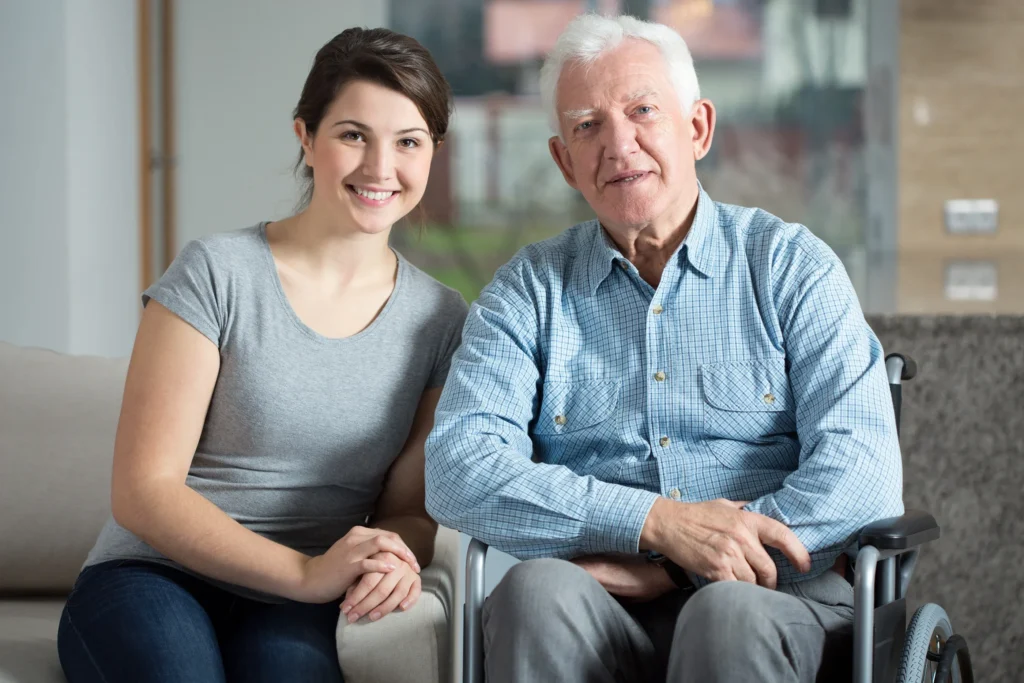
Household Neglect
Your parents may not be able to do their jobs anymore if there is a lot of trash, dirty dishes, or pests. Wasted food, unpaid bills, or broken tools make health and money problems worse. Home care workers do light housework, make meals, and organize, which makes the home safer. They also take care of maintenance tasks like changing the batteries in smoke detectors. Getting things back in order lowers the risk of falling and stress, so your parents can enjoy their home instead of focusing on keeping it up.
Unintended Weight Loss or Poor Nutrition
Food that has gone bad, empty pantries, or rapid weight loss are all signs that someone is having trouble cooking or shopping. People with long-term illnesses like dementia or arthritis may find it hard to prepare meals. Caregivers plan healthy meals, make adjustments for people with dietary needs, and help with eating if needed. To avoid hunger, they also keep an eye on how much water and food the animals are taking in. Regular meals give you more energy and are better for your health in general. Sharing meals with others makes you social, which can help you lose weight and eat better.
Medication Mismanagement
Overdoses, missed doses, or medications that have run out can be very dangerous. Bad eyesight or a loss of mental sharpness can cause mistakes that are very dangerous. Professional caregivers keep track of refills, order pillboxes, and give medications on time. They also talk to doctors or pharmacists about side effects. Good management keeps people out of the hospital and makes sure that medicines work. Families feel better knowing that a trained professional is watching over this important part of their loved one’s health.
Social Withdrawal or Mood Shifts
Depression, anxiety, or physical limits can cause people to lose interest in hobbies, avoid friends, or get angry for no reason. Isolation makes mental health worse and speeds up the loss of brain function. Caregivers keep seniors company, go to social events with them, and push them to do things they enjoy. Support and contact that matters can improve moods and help people get back together. Taking care of these changes early on helps keep your mind sharp and your emotions strong.
Financial Mishandling
Unpaid bills, spending that doesn’t make sense, or falling for scams are all signs that someone is weak or doesn’t have good judgment. Having dementia or losing your sight can make it hard to handle money. Caregivers can help families make budgets, report any suspicious behavior, and work with trusted advisers. Protecting valuables lowers the risk of being exploited and makes sure that bills are paid on time. Being a responsible adult helps your parents stay financially stable and free in other parts of their life.
Unsafe Driving
Dents, traffic tickets, or reluctance to drive could be signs of weakening reactions or vision. Driving at night can be especially dangerous. Home care workers set up rides to meetings, the store, or social events so that people don’t have to drive as much. This keeps your dad involved in the community while lowering the risk of an accident. Letting go of your car keys is hard on the emotions, but there are other options that keep you safe without taking away your freedom.
Unexplained Injuries
People who fall, are weak, or have trouble coordinating their movements may get cuts, bruises, or burns a lot. People who are afraid of losing their independence often don’t want to talk about their injuries. Caregivers check the safety of people’s homes, put in grab bars, and watch over jobs that could be dangerous. On top of that, they write down events to share with healthcare professionals. Accidents are bad for your health, and being honest with your parents about needing help can make them feel better.
Worsening Chronic Conditions
Conditions like uncontrolled diabetes, COPD flare-ups, or irregular heart beats need close observation. People may not report symptoms like trouble breathing or feeling dizzy. Skilled home care includes managing medications, keeping track of symptoms, and working with medical teams. Regular check-ins keep patients from getting sick or having to go back to the hospital. Customized care plans help keep chronic conditions under control, which increases quality of life and length of life.
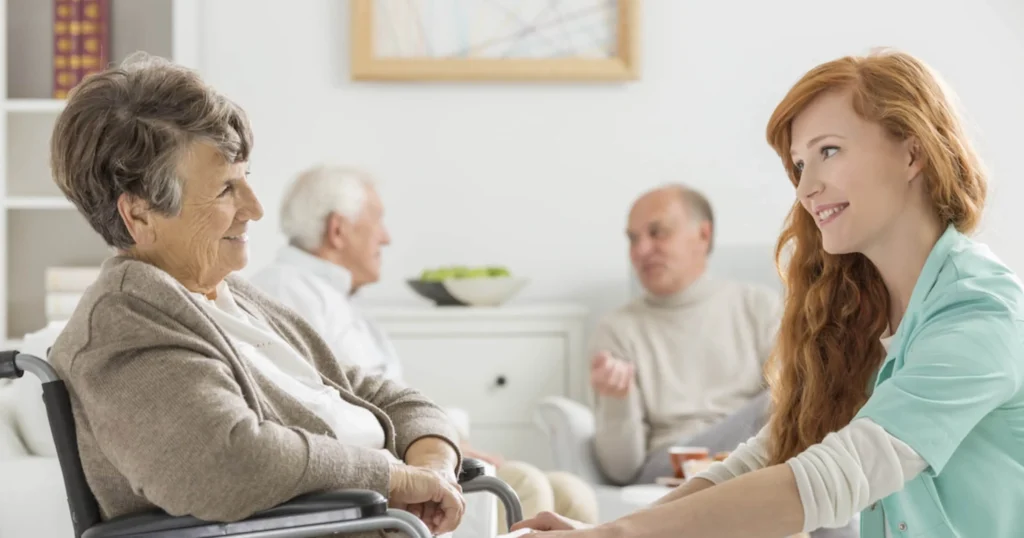
Caregiver Burnout
Being tired, angry, or ignoring your own needs are all signs that you are a parent who is overloaded. Long-term, it’s not possible to balance caring with work or family life. Respite care gives main caregivers a break and gives them time to recharge. Professional helpers take over daily tasks to make sure that care doesn’t stop. Giving caregivers support keeps them healthy and makes it easier for them to give caring, long-term support.
Safety Hazards at Home
Done-but-forgotten stoves, blankets that are too loose, or dim lighting all make it easier to fall or start a fire. Aging may make it harder to spot dangers. Caregivers make safety changes (like installing nightlights and stoves that turn off automatically) and watch over activities that could be dangerous. Regular monitoring makes sure that homes can change to meet new needs, which prevents accidents and helps people become independent in a safe setting.
Changes in Behavior or Mood
Agitation, paranoia, or sundowning (confusion in the evening) could be signs of a urinary tract infection, side effects from medicine, or worsening dementia. Caregivers figure out what sets off the person, keep the surroundings calm, and let doctors know about any changes. Insightful night care professionals handle sleep problems that make people less disoriented. Taking care of changes in behavior makes people feel more emotionally stable and helps families get through complicated health situations with understanding and skill.
Conclusion
It’s important for their safety and health to know the signs that your elderly parent needs home care, such as having trouble moving around or losing their memory. Professional caregivers provide individualized help and make sure that daily chores, medications, and food are handled safely. Early action stops accidents, keeps people from being alone, and makes it easier on caregivers. Talking to your loved one about home care in an open and caring way can help them accept help while still keeping their freedom and dignity. Putting their needs first makes their life safer and more satisfying, and it lets them age in place at home with the care they need.

